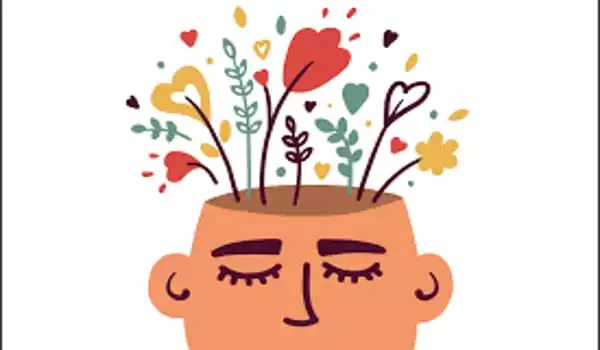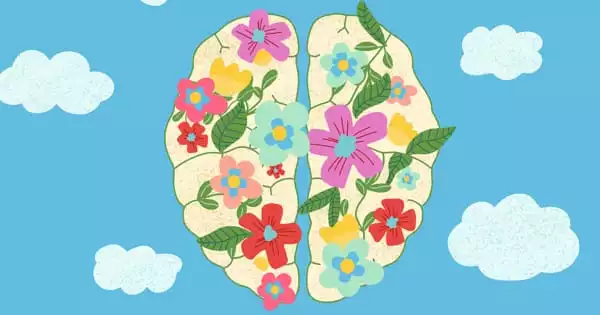The practice of quieting the mind and paying attention to the current moment without judgment is known as mindfulness. We become aware of thoughts, feelings, noises, and sensations as they move through a broader range of awareness. Building this skill can lead to improved behavioral and cognitive responses in children with Autism.
In recent years, the practice of mindfulness has grown in popularity. This old technique is benefiting both youngsters and adults in settings ranging from classrooms to boardrooms. Mindfulness works, and the proof is not simply anecdotal; it is supported by real science. Mindfulness has been demonstrated in recent study to reduce stress, depression, and aggression while also causing changes in brain regions related with emotional regulation, introspection, and awareness.
According to Rutgers researchers, school-based mindfulness programs help improve decision-making skills and educate children with autism to focus attention and react less impulsively through breathing exercises that lower anxiety.
The study, which was published in the journal Research in Developmental Disabilities, is the first to look at the effectiveness of a school-based mindfulness program that stresses self-awareness and controlled breathing in autistic children.
We discovered that the children improved their executive functions, such as controlling emotions, maintaining self-control, focusing attention, and being flexible in changing their perspectives.
Helen Genova
Mindfulness practice teaches people to concentrate their attention on the present moment. It has been demonstrated in neurotypical children to improve decision-making abilities and to be useful in lowering anxiety, a prevalent symptom in the one in every 68 children diagnosed with autism in the United States.
The researchers gave an eight-week mindfulness treatment to 27 high-functioning teenagers with autism ages 10 to 17 at Newmark, a private school for special needs children in New Jersey. Students were taught the fundamental ideas of mindfulness before moving on to particular activities such as mindful breathing or concentrating attention on the body, thoughts, and emotions.
ASD can cause difficulties with communication, social-emotional abilities, and anxiety. According to one view, a lack of central coherence, or a limited ability to perceive context or see “the big picture,” may be an underlying issue.

Students with Autism have the opportunity to explore extending and limiting their focus and attention to diverse internal and external situations by practicing mindfulness, which may improve their central coherence.
Before and after the training, the kids were tested on their impulse control, concentration, and decision-making abilities. “We discovered that the children improved their executive functions, such as controlling emotions, maintaining self-control, focusing attention, and being flexible in changing their perspectives,” said lead researcher Helen Genova, a research assistant professor in the Department of Physical Medicine and Rehabilitation at Rutgers New Jersey Medical School and director of the Social Cognition and Neuroscience Laboratory at Kessler Foundation.
“We discovered that the practice taught the students to take a moment to stop and breathe, as in prior studies on school-based mindfulness programs and generally functioning youngsters. This lowered impulsive behavior and enabled them to make better selections.”
Combining sensory processing applications of yoga sensory activities for autism with information processing applications of mindfulness practice gives numerous benefits for both children with ASD and their caregivers.
Once children have mastered Chime Listening, you may choose to use the chime to promote peaceful and mindful transitions throughout the day. Many children with ASD require assistance when their activities change or their surroundings becomes overwhelming. When used on a regular basis, the chime can serve as a beneficial cue for a youngster to reach calm in those occasions.
According to Regina Peter, co-executive director of Newmark, the school teaches mindfulness every morning as well as prior to tests and competitions. “Mindfulness practice provides our kids the essential skill of treating the moment as something that has to be attended to and letting everything else go,” she said. “The great thing about mindfulness is that it is a tool that they can use whenever they need it. It is not a drug with negative effects, and it is completely free.”
Guided meditations can help youngsters reduce anxiety, regulate their nervous systems, and empower them by broadening their behavioral range. Many children on the autism spectrum may be unaware that they may be silent and quiet.
Meditation practice both produces and strengthens this crucial skill. Meditation also fosters a mind-body connection by training us to be aware of our thoughts, feelings, and physical sensations without reacting to them. We observe sensory input but do not immediately observe behavioral output.





